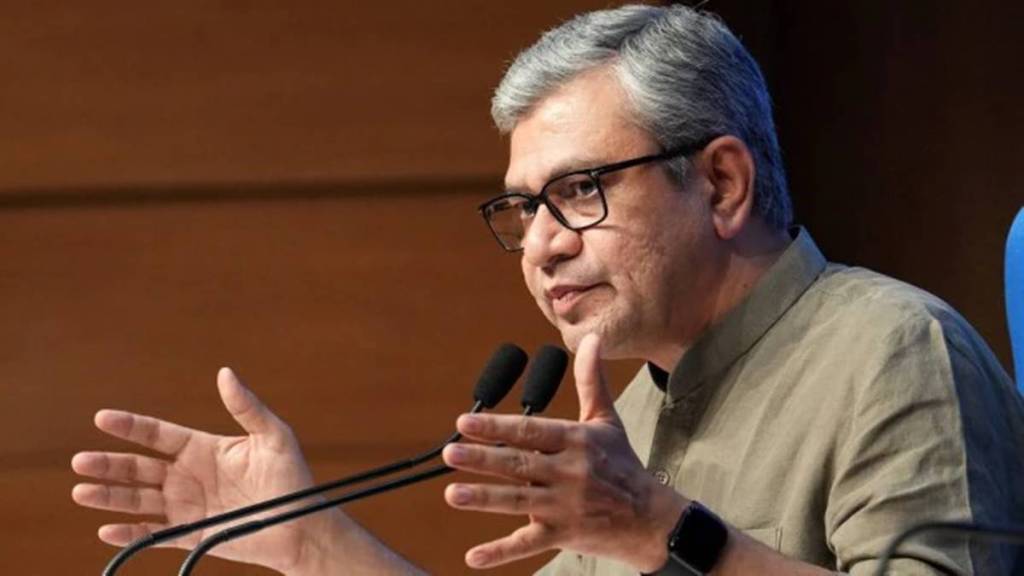Railway Minister Ashwini Vaishnaw on Monday ruled out any conspiracy behind the tragic stampede that occurred at the New Delhi Railway Station on Saturday, emphasizing that there was no extraordinary rush at the station at the time of the incident. Speaking to media at Rail Bhawan, Vaishnaw stated, “No conspiracy looks at the moment,” and added that the inquiry into the incident is ongoing.
The stampede occurred at New Delhi Station, which is one of the busiest in the country, and led to confusion regarding the announcement of platform changes. Vaishnaw further clarified that an investigation is being conducted into the announcement, dismissing it as a cause for the stampede. “The inquiry committee is looking into it deeply,” he said.
Railway officials provided additional details about the incident, explaining that on the evening of February 15, between 6 pm and 8 pm, approximately 12,208 unreserved tickets were sold, higher than the usual figure of around 9,600. A Prayagraj Special train was operated from platform 12 at 7:15 pm, with another one planned at 8:50 pm. An announcement was made around 8:30 pm for the Prayagraj Special, but some passengers, confused by the announcement, mistook it for the Prayagraj Express.
The confusion led passengers, who were initially waiting on platform 14 for the Prayagraj Express, to rush towards platform 12. As passengers climbed the stairs, one with a heavy load became unstable and fell, causing others to tumble over, triggering the stampede.
Vaishnaw added that the war room at Rail Bhawan, which monitors live feeds from various stations, including New Delhi, showed no signs of unusual crowds during the incident. He noted the improved crowd management efforts since the Kumbh Mela, where the number of trains run increased significantly from 4,000 in previous years to 12,583 this time. “No country in the world faces such a big mobilization. Railway officials have worked day and night,” Vaishnaw said, pointing to the 2.9 crore devotees who have used trains for the Kumbh Mela so far.
The Minister also defended the practice of providing cash compensation to the families of the deceased and injured, explaining that it is a standard protocol in crisis situations where accessing bank accounts may not be possible. “To pay ex-gratia money in cash is a practice,” he said, clarifying that such payments are essential for immediate needs like medicine and transportation.
Responding to questions about a railway circular that limits cash payments to Rs 50,000 in normal situations, Vaishnaw explained that the rule is not applicable in extraordinary circumstances like the stampede.
(With PTI Inputs)


